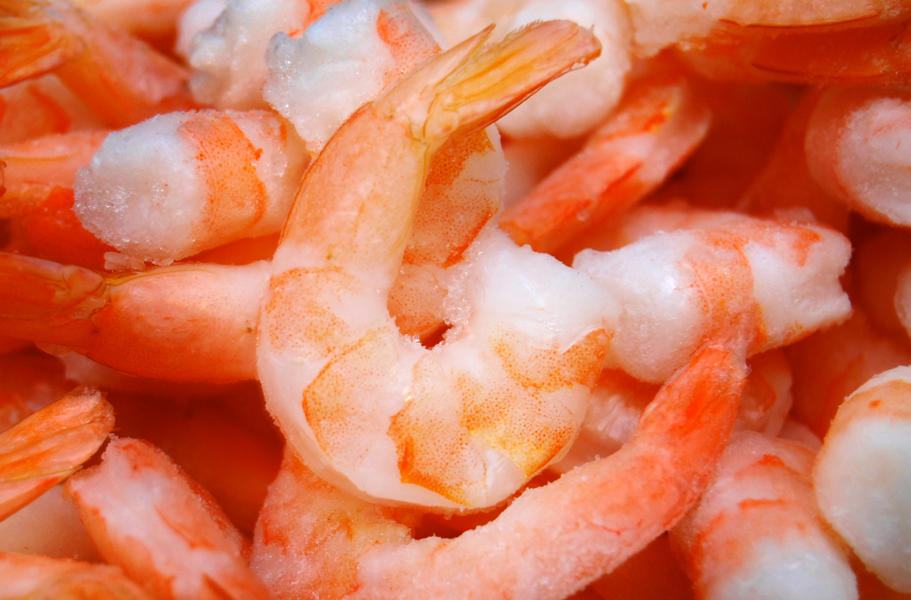Study: 30 percent of U.S. shrimp is mislabeled


A free daily email with the biggest news stories of the day – and the best features from TheWeek.com
You are now subscribed
Your newsletter sign-up was successful
Yes, shrimp is delicious. But do you really know where that scampi came from?
A new study from marine conservation advocacy group Oceana found that 30 percent of U.S. shrimp products in restaurants and grocery stores may be mislabeled. That could mean being called the wrong shrimp species, or inaccurately being referred to it as "wild" rather than farmed. Oceana tested 143 shrimp products from 111 restaurants and grocery stores across the country to reach the study's conclusion.
Oceana hopes the report will lead to a decrease in "seafood fraud" and lead to more honest labeling and information about shrimp species and countries of origin, as well as whether the shrimp are farmed or wild.
The Week
Escape your echo chamber. Get the facts behind the news, plus analysis from multiple perspectives.

Sign up for The Week's Free Newsletters
From our morning news briefing to a weekly Good News Newsletter, get the best of The Week delivered directly to your inbox.
From our morning news briefing to a weekly Good News Newsletter, get the best of The Week delivered directly to your inbox.
Shrimp is the most commonly eaten seafood in America, so it's definitely worth knowing what you're eating. The Monterey Bay Aquarium has a handy "seafood watch" list of shrimp recommendations, so you can see which ones are more likely to be safe, and which are worse for the environment.
A free daily email with the biggest news stories of the day – and the best features from TheWeek.com
Meghan DeMaria is a staff writer at TheWeek.com. She has previously worked for USA Today and Marie Claire.
